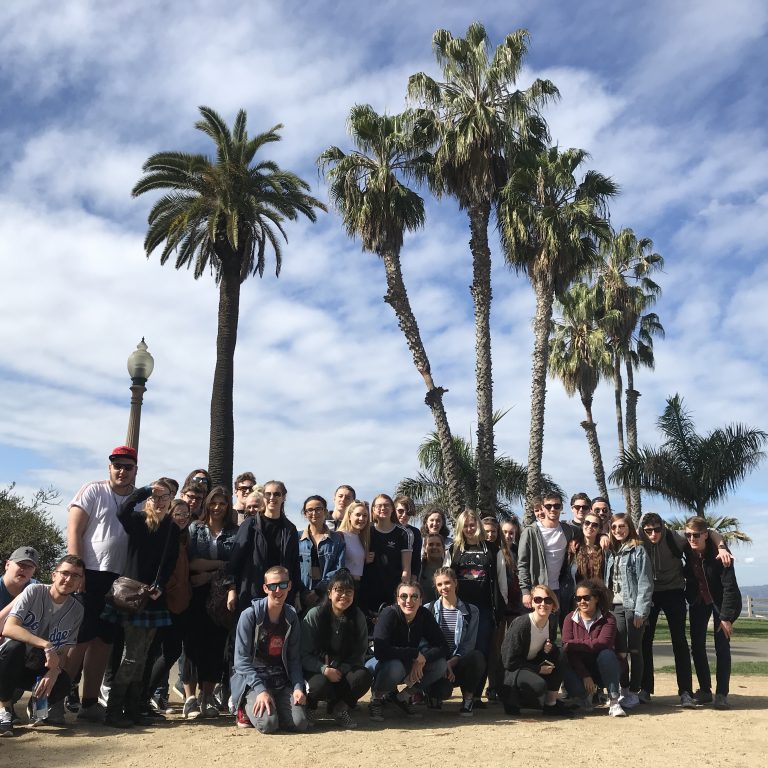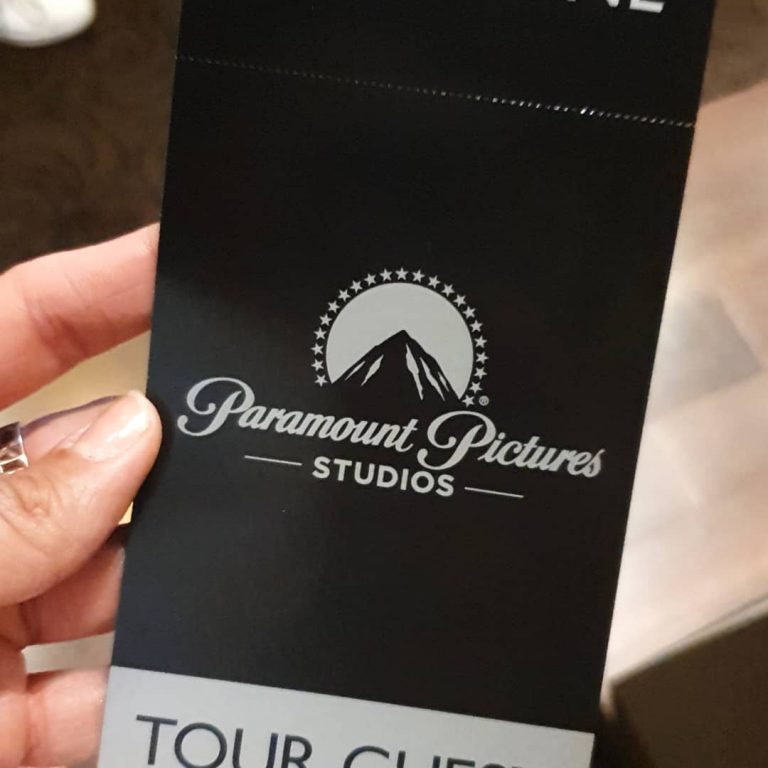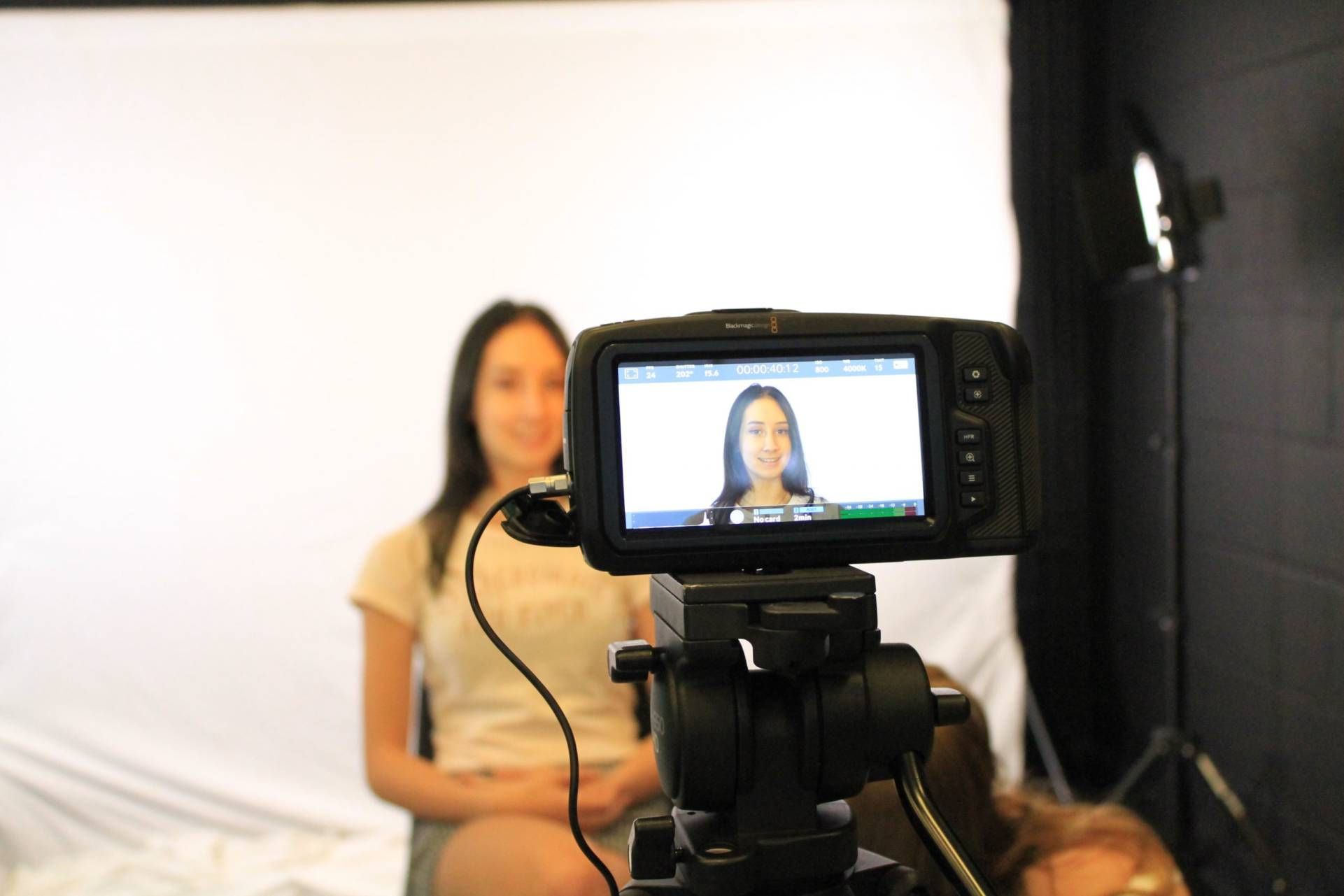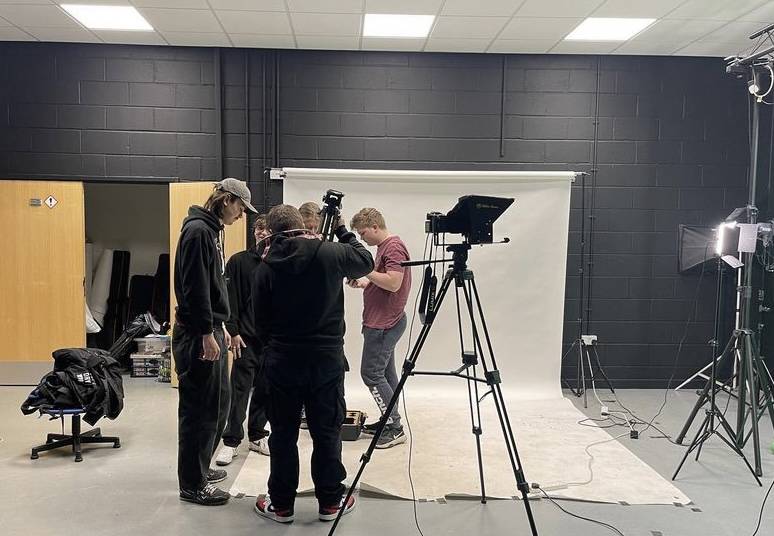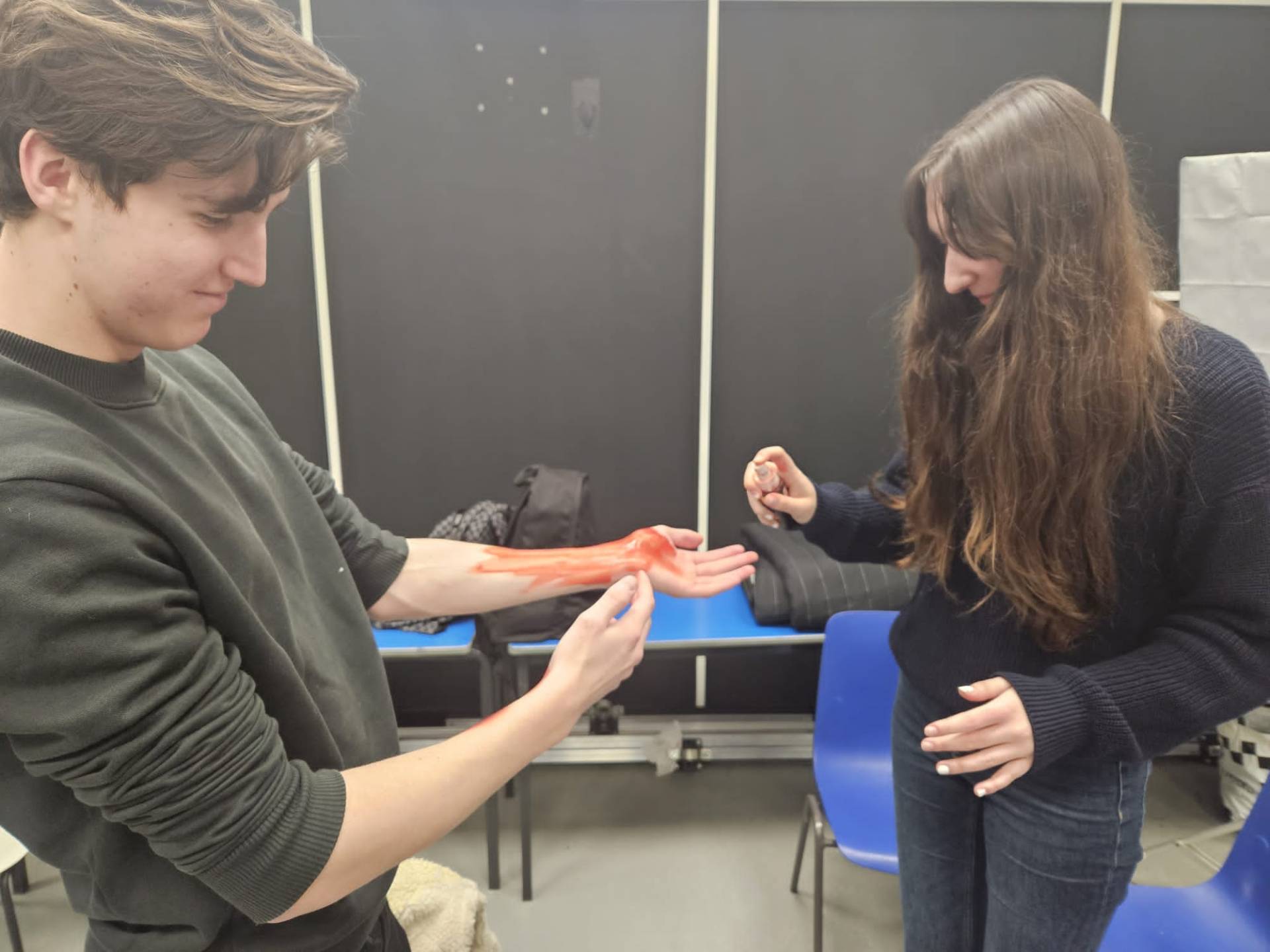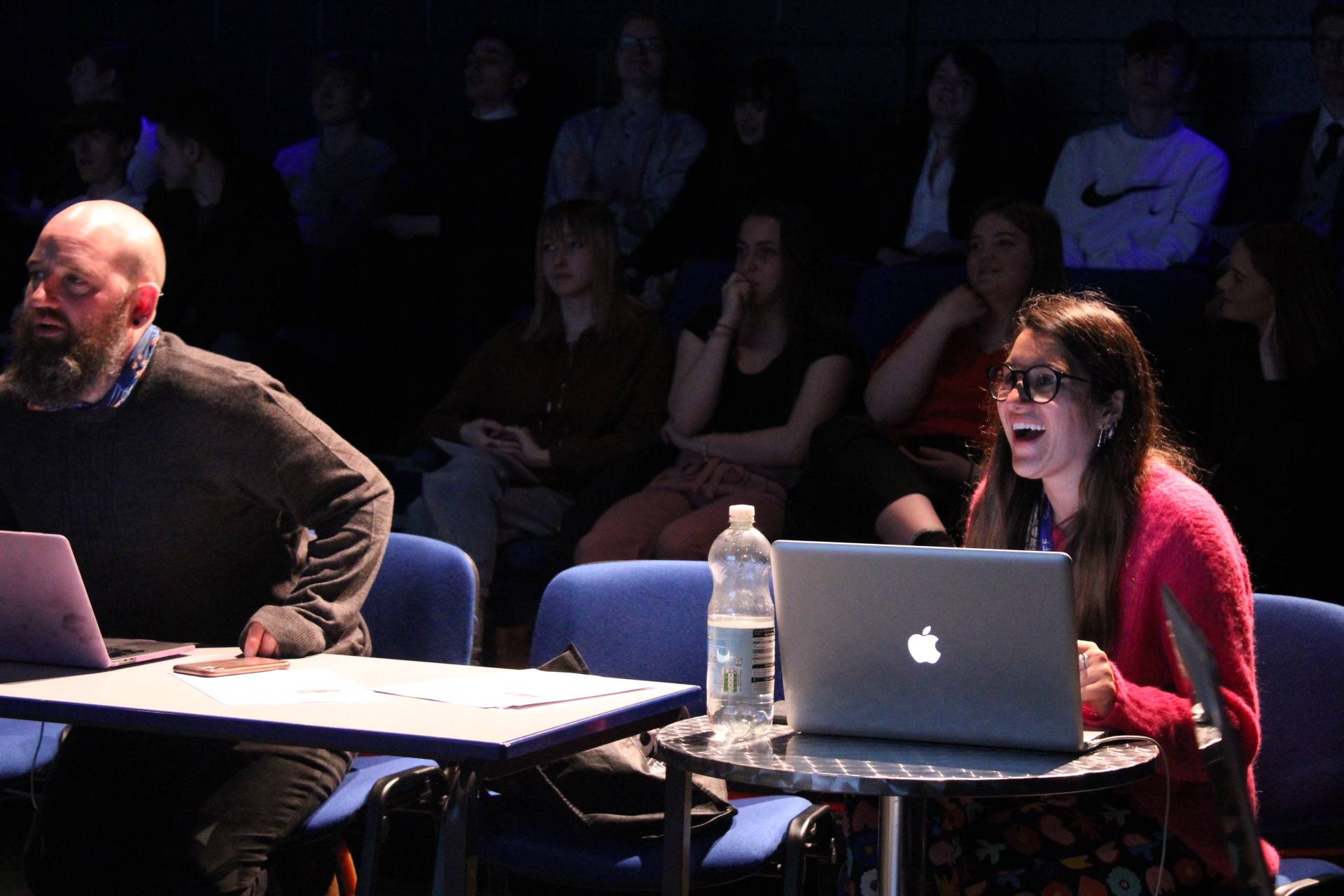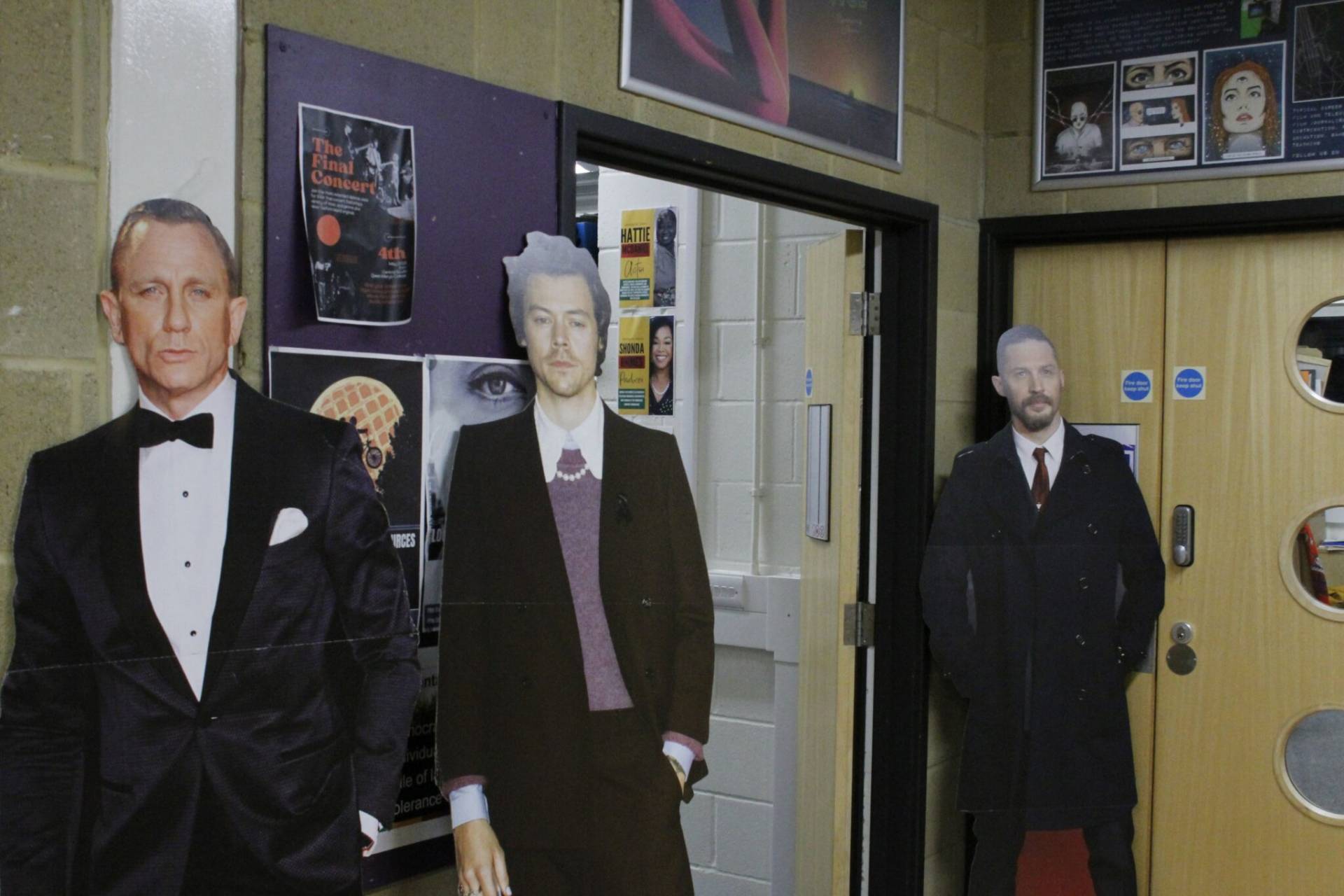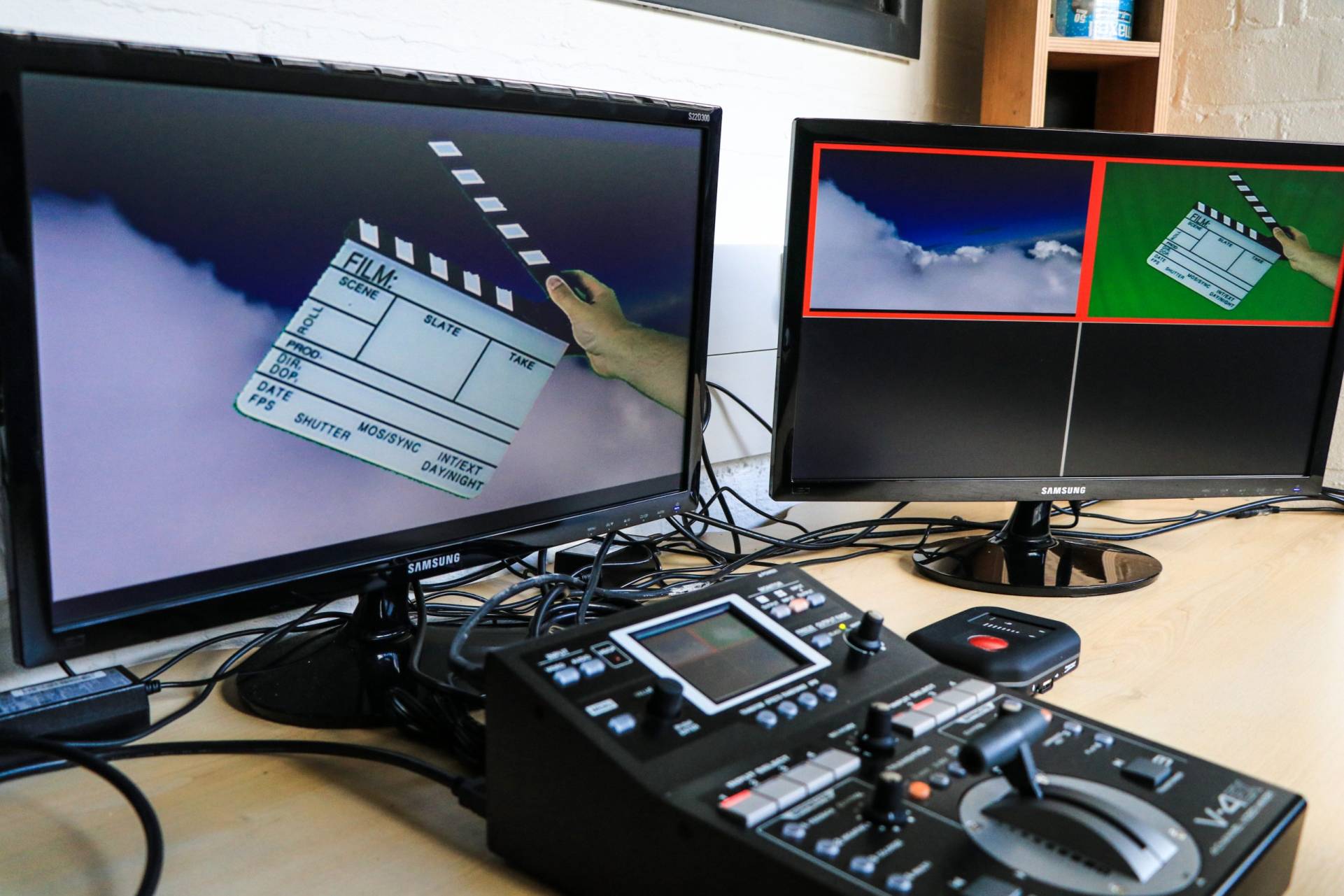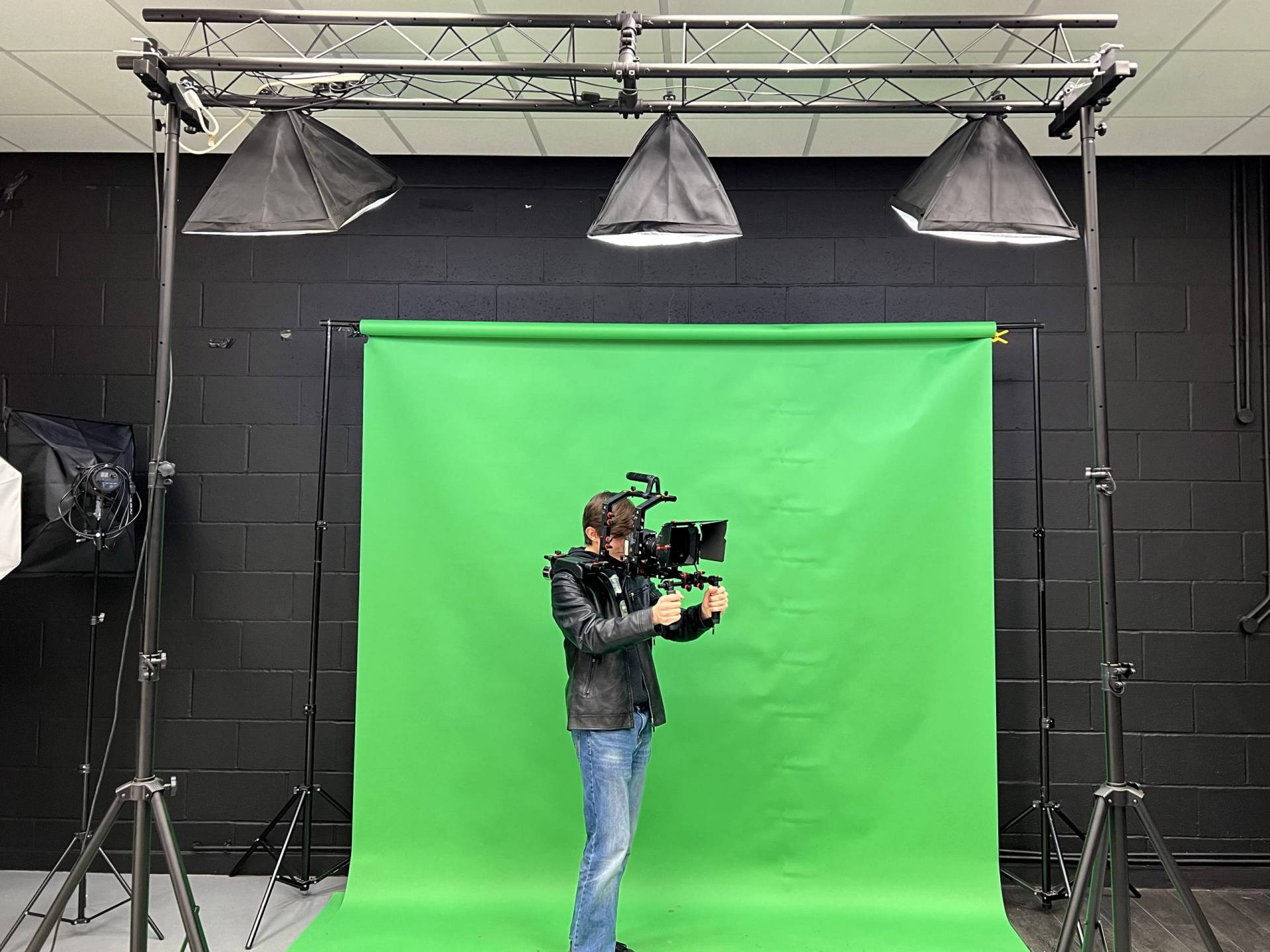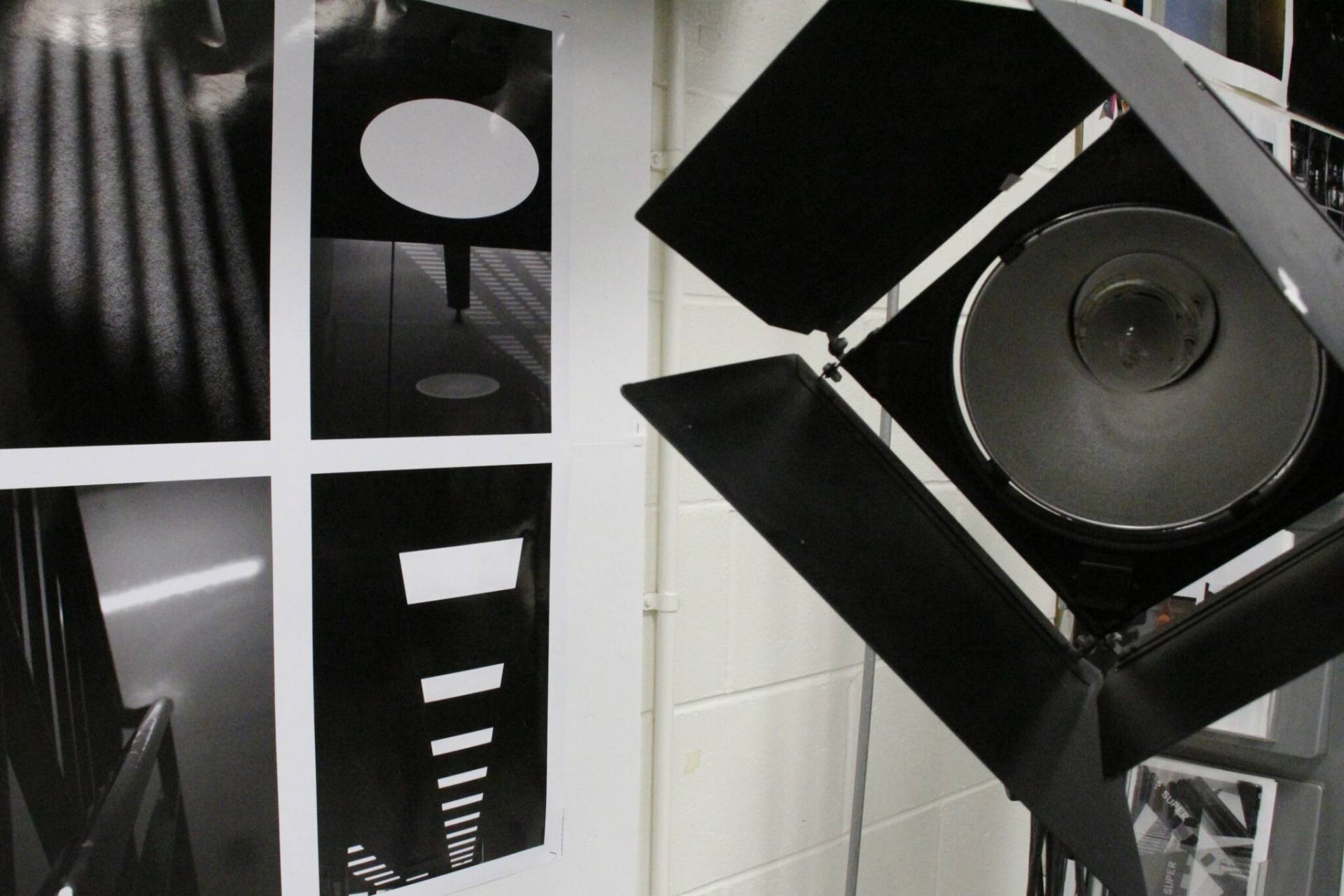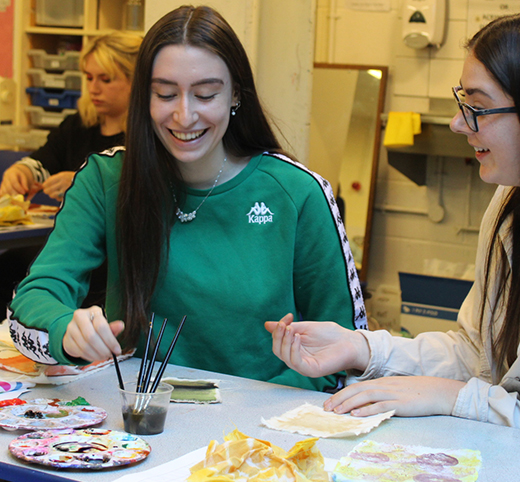TEACHING METHODS
One of the hardest things about Film Studies A Level is the amount of thinking and talking that you have to do. There’s a lot of processing and reflection in lessons, and so the more practice you can get reading and thinking, the better. There’s always a temptation to talk about our favourite films, and of course that’s part of it, but you’ll be developing more critical thinking skill.
Where can this course take me?
In addition to gaining a detailed knowledge of cinema, students are expected to leave the course with enhanced skills in a range of key areas, including: creative thinking, problem-solving, effective communication and self-management. This qualification provides a strong foundation for learners to progress to Higher Education and equips learners for progression into the workplace.
Many of our students continue their study of film at degree level. A high number also progress into careers related to the film industry, including: film production, film journalism and marketing/distribution. Our ex-students have continued their study of cinema at university, at both undergraduate and postgraduate level. Universities attended by our ex-students include: Bournemouth University; King’s College, University of London; University of Southampton; Southampton Solent University; and University of Warwick.
EXTRA-CURRICULAR ENRICHMENT OPPORTUNITIES
During your time in Film Studies, you will be given the opportunity to go on trips to enhance your experience through visiting key institutions and locations and engaging in activities away from the classroom. Recently, we have visited Pinewood Studios, the British Film Institute and saw the Kubrick exhibition at the Design Museum. We’ve also looked at exhibitions of work by experimental filmmakers at the Tate Gallery. We believe that these experiences are vital to your development as a student and would urge you to take these opportunities whenever you can.
As well as the work you produce for your A level, you will be given opportunities to enter local and national competitions and engage in projects outside of your normal studies. We regularly have talks from universities, professionals and companies to give you a broader understanding of future options. We are currently working closely with the Exit 6 Film Festival, and we arranged a visit to Pinewood Studios with locally-based Sony.
We also offer enrichments within the department, such as Film Club, to help develop your understanding and give you a broader experience which will benefit your future ambitions. View more enrichment opportunities
here.



